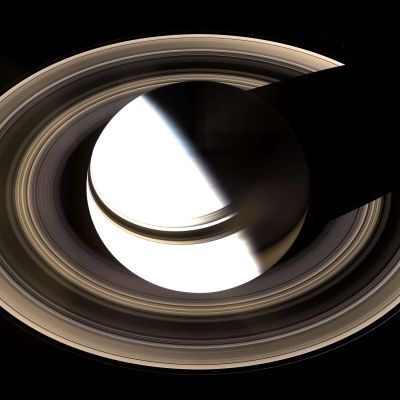Listen to exciting, non-technical talks on some of the most interesting developments in astronomy and space science. Founded in 1999, the Silicon Valley Astronomy Lectures are presented on six Wednesday evenings during each school year at Foothill College, in the heart of California's Silicon Valley. Speakers include a wide range of noted scientists, explaining astronomical developments in everyday language. The series is organized and moderated by Foothill's astronomy instructor emeritus Andrew Fraknoi and jointly sponsored by the Foothill College Physical Science, Math, and Engineering Division, the SETI Institute, the Astronomical Society of the Pacific, and the University of California Observatories (including the Lick Observatory.)
http://youtube.com/svastronomylectures
Gesamtlänge aller Episoden: 2 days 10 hours 50 minutes
- 1
- 1
episode 1: The Peril and Profit of Near-Earth Objects
A Talk by Dr. Robert Jedicke (U of Hawaii)
Oct. 11, 2023
Near-Earth objects present both an existential threat to human civilization and an extraordinary opportunity to help our exploration and expansion across the solar system. Dr. Jedicke explains that the risk of a sudden, civilization-altering collision with an asteroid or comet has markedly diminished in recent decades -- due to diligent astronomical surveys -- but a significant level of danger persists...
episode 2: Water Above, Water Below: The Many Roles of Water in Making Planets Habitable
Dr. Laura Schaefer (Stanford University):
Water is everywhere. Its atoms, hydrogen and oxygen, are the first and fifth most abundant elements in the universe. Water is found in abundance in many environments; it finds its way into planets of all shapes and sizes, where it modifies the properties of everything it touches. Water is crucial to life, both as a habitat and as a solvent...
episode 3: Exploring the Gravitational Wave Universe
Speaker: Dr. Brian Lantz (Stanford University)
Feb. 7, 2024
Measuring gravitational waves is a revolutionary new way to do astronomy. They were predicted by Einstein, but it was not until 2015, that LIGO (the Laser Interferometer Gravitational-wave Observatory) first detected one of these waves. They were tiny ripples in space itself, generated by the collision of two black holes. Since then, LIGO and its international partners have measured nearly 100 signals. Dr...
episode 4: Black Holes and the Technology to Find Them
A Non-technical Talk by Dr. Jessica Lu (University of California, Berkeley) on March 13, 2024
The population of black holes, objects left over from dead stars, is almost entirely unexplored. Only about two dozen black holes are confidently known in our Galaxy. As a result, some of the most basic properties of black holes remain unknown, including the true number of black holes in the Galaxy, their masses and sizes, and how the black holes were formed. Dr...
episode 5: The Allure of the Multiverse (with Dr. Paul Halpern)
Apr. 17, 2024
In this talk, physicist and popular author Paul Halpern (St. Joseph's College) examines the history of the concept of a multiverse in science, and discusses the ideas by Einstein and other noted physicists that have led scientist today to take the notion of multiple universes seriously. He also contrasts the scientific view of a multiverse to the picture we get in popular culture (think Marvel movies) and notes how significantly the two differ. Dr...
- 1
- 1
